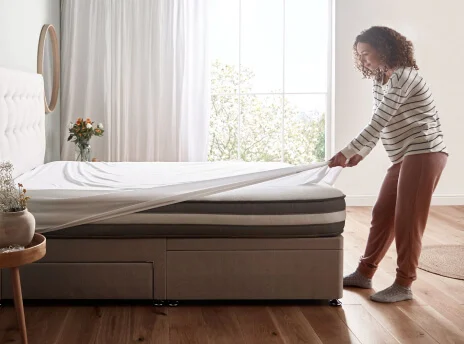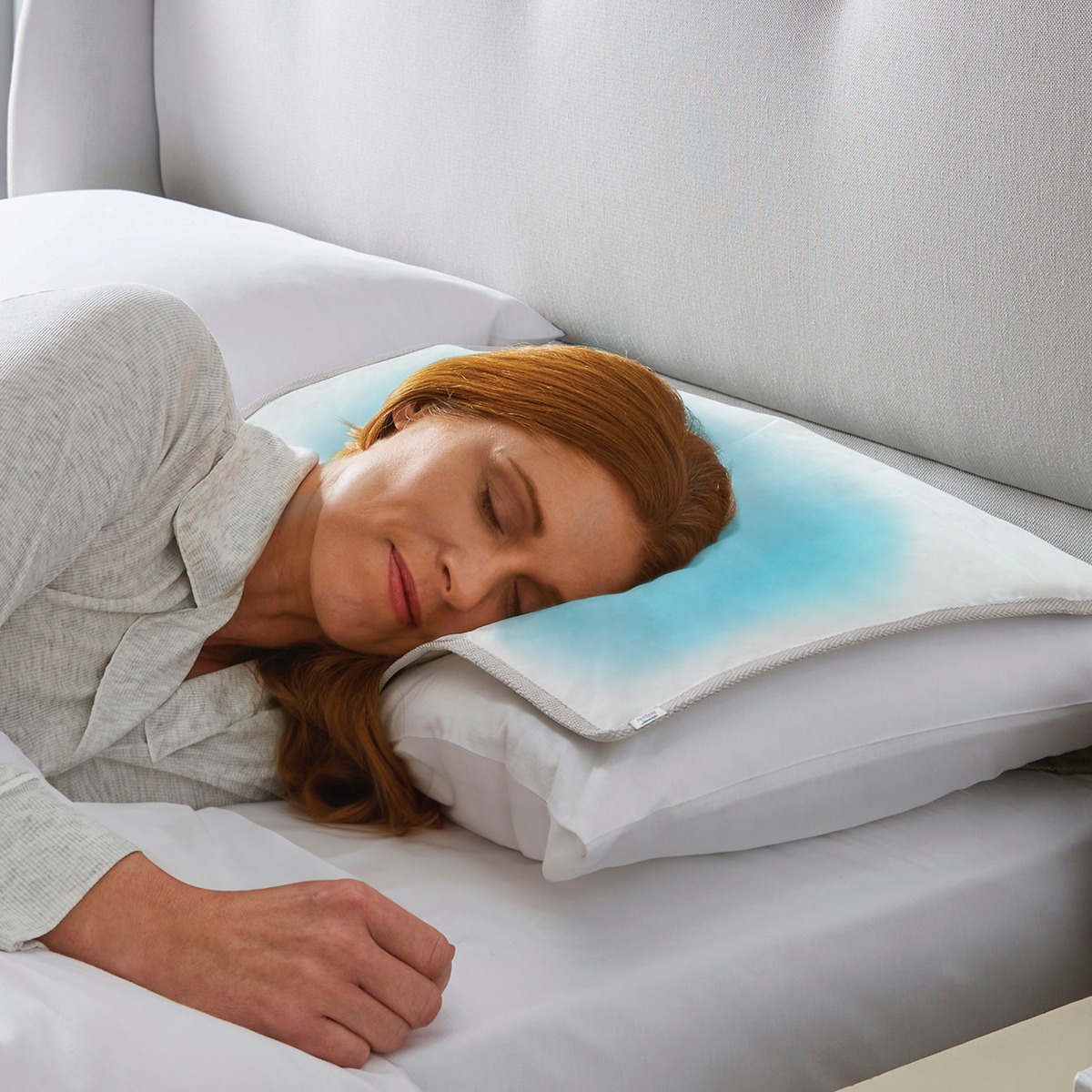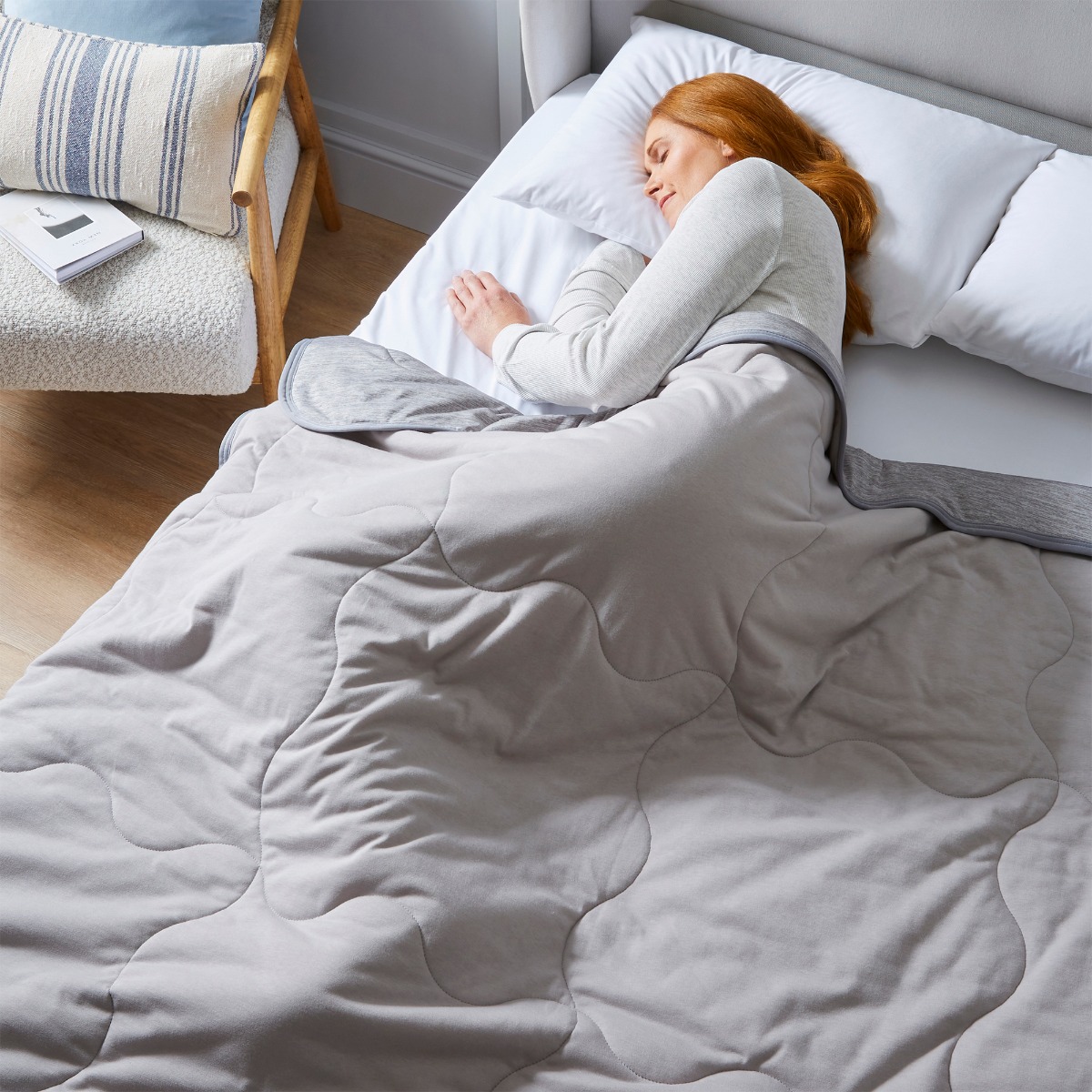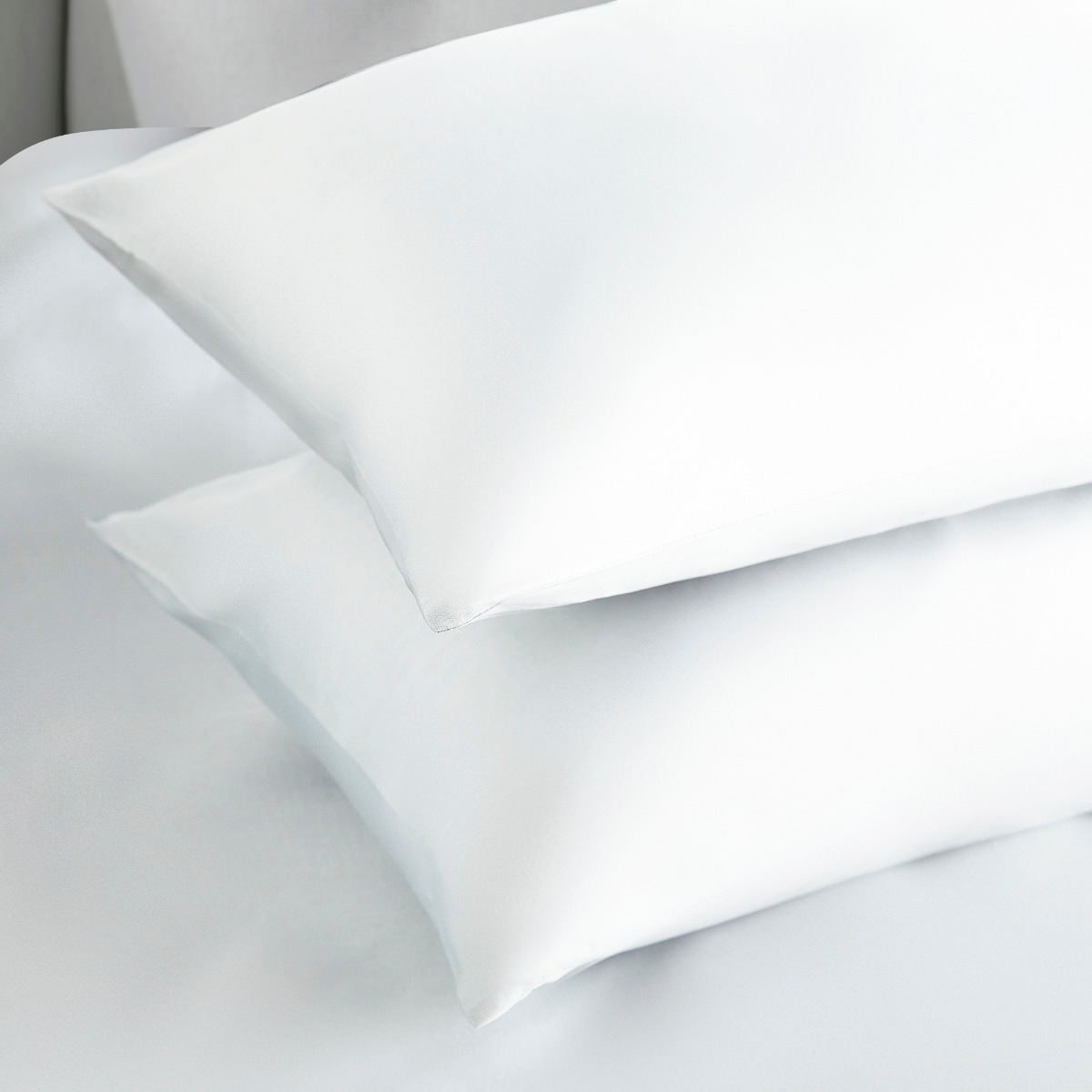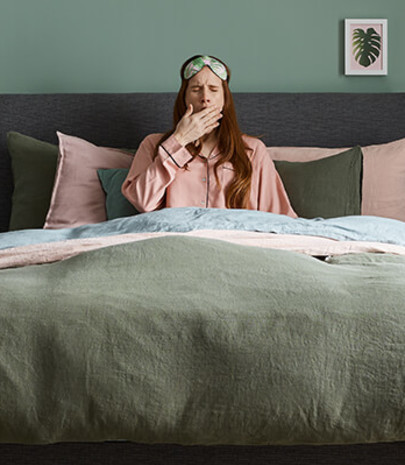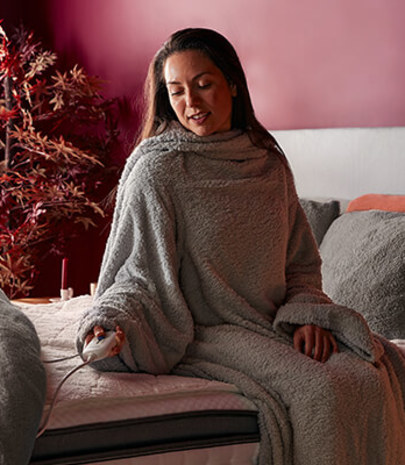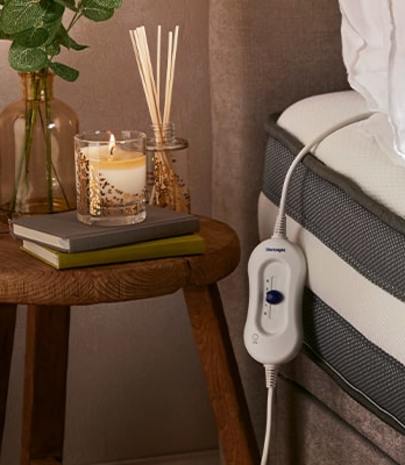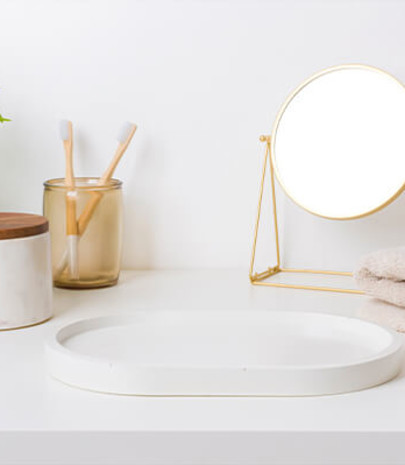when do the clocks change in the UK?

why do the clocks change?
The idea was the brainchild of United States founding father, Benjamin Franklin. In 1784, while in Paris, Benjamin Franklin suggested that if people woke up an hour earlier they’d receive more exposure to sunlight.
It wasn’t until after 1907 that this theory became a reality. At this time, William Willet popularised the idea in a pamphlet, ‘The Waste of Daylight’, in which he detailed how summer daylight hours were wasted. He argued that we’d consume less energy for heat and light – fuelled mostly by coal at the time – because we’d be more exposed to the natural light and heat of the sun.
The UK introduced British Summer Time hours in 1916, bringing the rule of the clocks going forward to allow everyone to enjoy the perks of summer with more time to enjoy the daylight. This forward change in March also meant a loss of early morning light in the autumn and winter months, so BST hours change back to GMT every October.
This idea didn't catch on everywhere, and over 130 countries around the world do not observe the twice-yearly clock change.



how can the clock change affect my sleep?
A change in time can result in more problems for people who already struggle to sleep come bedtime. We take sleep very seriously, and with a national clock change comes tampered sleep patterns. So, as the nations sleep experts we're not about to take this lying down.
The main driving forces behind our sleep patterns are our circadian rhythm (body clock) and our daily routine. Changing the clocks often means a change to both, which can lead to feeling tired at the wrong time. Making small and progressive adjustments to your routine ahead of the clock change can make the transition go smoother.
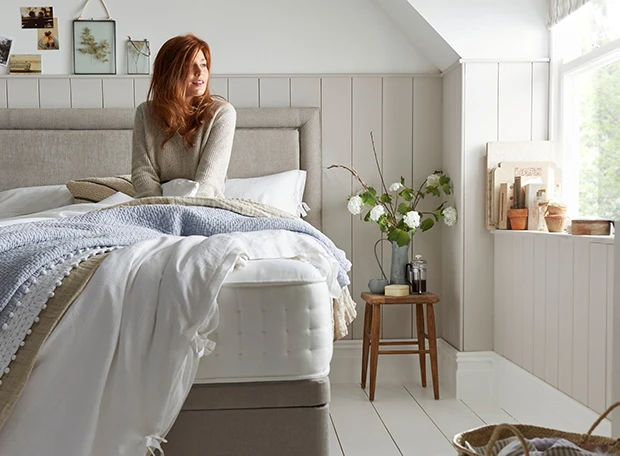
daylight hours change
Changing the clocks also changes how light it will be in the early morning. In March the clocks go forward, meaning it will be darker in the morning for a few weeks, then in October the clocks go back, bringing a little more sunshine to the mornings for a little while.
A time-change also signals the approach of summer or winter. While in the summer we all get lots of vitamin D from plenty of sunlight, in winter we can often struggle to catch any rays at all, leading to lower levels of vitamin D and increased levels of fatigue and risk of Seasonal Affective Disorder. SAD affects around 1-in-15 people in the UK every year and we know how mental health can have a serious impact on our sleep.
If and when you can, go for a morning or mid-afternoon walk or jog to get some sun. During the day, open your curtains to welcome more light and, after sunset do the opposite. Dim all your lights, close your curtains, wind down and get ready for some rest.
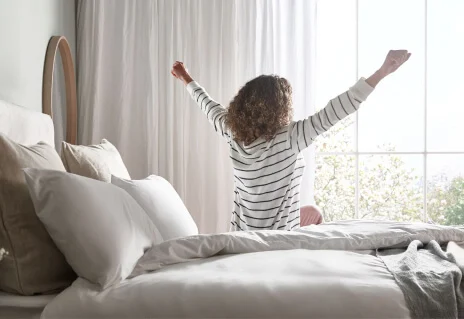
the temperature changes
As the clocks change, and the seasons begin to change, you my need to adjust your central heating to maintain a comfortable and cool sleeping temperature. Remember to change the clock on your heating timer too.
An essential way to keep a comfortable sleeping temperature is to change your bedding. Switching to a lighter duvet and anti-allergy bedding in the summer, and a warmer, thicker duvet in the winter will keep you comfortable and temperature-regulated for better sleep.
